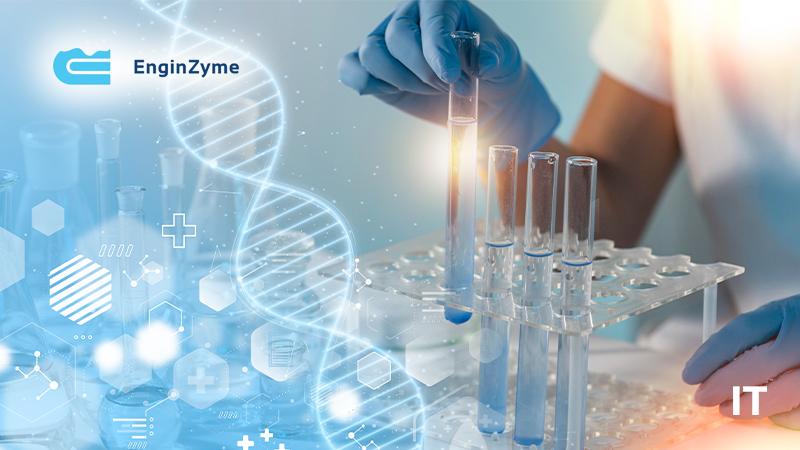EnginZyme AB, a deep-tech company whose acellular biomanufacturing technology harnesses the power of enzymes to develop sustainable products and processes for various industries, announced that it has patented a synthesis process pseudouridine, an essential component of COVID-19 mRNA vaccines.
EnginZyme and its partner CDMO, Ajinomoto Bio-Pharma Services, specializing in the large-scale, GMP* production of small molecules and other high-value noble chemicals, said they are able to supply pseudouridine at competitive prices. reduced to buyers willing to participate in strengthening the global supply chain of vaccine components. The companies said they have already synthesized enough pseudouridine to produce more than half a billion vaccine doses in a fully GMP* compliant facility.
The EnginZyme-enhanced enzymatic process is cleaner and more efficient than commonly used chemical synthesis methods. A critical impurity, alpha-pseudouridine, a byproduct of the chemical synthesis of beta-pseudouridine, is removed by EnginZyme’s patented enzymatic synthesis.
The 2023 Nobel Prize in Physiology or Medicine was awarded to Katalin Karikó and Drew Weissman, the duo having discovered that by modifying a chemical element of messenger RNA – by substituting pseudouridine for uridine – a side effect was eliminated inflammatory which prevented the development of mRNA-based vaccines. This discovery dates back more than 15 years before the COVID-19 pandemic.
Also Read: Accedian and Cisco Provide Unparalleled Network Performance Monitoring and Analytics for Zain Kuwait
“Soon after discovering the pseudouridine manufacturing process, we realized that we could produce a pure version at scale for a significantly lower price than the market,” said Karim Engelmark Cassimjee, CEO of EnginZyme. “So the best thing to do was to leverage this discovery to make the global healthcare supply chain more resilient.” Mr. Cassimjee further added that universities and non-profit organizations can request free samples for research purposes.
Geert Schelkens, Head of R&D at Ajinomoto Bio-Pharma Services, said: “Scaling a biocatalytic process and eco-friendly preparation significantly reduces the compound footprint. This advancement is perfectly aligned with our ambitions in sustainability. This project with EnginZyme has been extremely rewarding due to its potential to improve the global supply chain of vaccine components.”
N1-methylpseudouridine-5′-triphosphate, which is derived from pseudouridine, helps stabilize and reduce the immunogenicity of mRNA. Messenger RNA technology made headlines with the success of COVID-19 vaccines produced by Pfizer-BioNTech and Moderna, and since then, a growing number of early-stage therapies and emerging vaccines have used the technology . .
“The synthesis of pseudouridine using enzymes is significantly more efficient than the commonly used chemical synthesis,” said Matthew Thompson, head of enzyme development and innovation at EnginZyme. “This perfectly illustrates what we are striving for: zero waste, less energy and a cleaner result. We intend to apply this principle to the entire chemical manufacturing sector.”
*Current Good Manufacturing Practices regulations, enforced by the US FDA, define systems that ensure adequate design, monitoring and control of manufacturing processes and facilities.
SOURCE: Businesswire

































